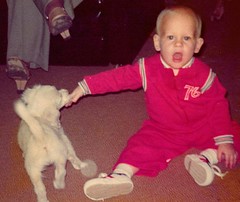 I have written before about how I am, in many ways, an average Southern Baptist in my 30s. This year I will not be able to attend the convention and cast my vote. Being average and not even a messenger - that makes me an SBC nobody. So I thought I would make my thoughts toward the Great Commission Resurgence Task Force’s recommendations known here on my blog. (Although honestly, I probably would have done that even if I was going to the convention)
Before you read this article you can, and probably should, read the excellent summary of the issues and the debate by Trevin Wax. It is succinct, accurate and clear.
I have written before about how I am, in many ways, an average Southern Baptist in my 30s. This year I will not be able to attend the convention and cast my vote. Being average and not even a messenger - that makes me an SBC nobody. So I thought I would make my thoughts toward the Great Commission Resurgence Task Force’s recommendations known here on my blog. (Although honestly, I probably would have done that even if I was going to the convention)
Before you read this article you can, and probably should, read the excellent summary of the issues and the debate by Trevin Wax. It is succinct, accurate and clear.
If I were able to attend the SBC in Orlando I would vote for the GCR and I would gladly do so in the current form.
I do not like the concept of “Great Commission giving” as a recognized category. In fact I have a strong dislike for that category. It seems to me that Great Commission giving if officially recognized, begins to promote a society model of giving. (I wrote much more about this in this post) Nevertheless, I would vote for the GCR recommendation.
It is probably unfair to quote Jerry Vines out of context on what was an excellent post, (so go read it yourself) but allow me to clip just one portion that describes my feelings:
If you want to be a part of the leadership, setting the course of the SBC, you should lead in financial commitment. A man in your local church probably won’t get placed on the finance committee if he designates $50,000 a year to the music ministry (maybe led by his son!), but only gives $500 annually to the church’s unified budget. He’s free to give his money that way. But, I doubt you would give him the opportunity to make decisions affecting how the bulk of the church’s money is used.
So why would I vote for the recommendation even though I don't like the category of GC Giving? because other than that, I support the recommendation. I generally think the restructuring is a good thing. I believe that the restructuring is designed to put the priority of the denomination in the right place - on missions and seeing the nations come to Christ
Those are my thoughts on the recommendation. As far as an actual Great Commission resurgence goes, there is but one way to see that happen. Churches must do the will of God. We are a convention of churches and if we are to see the nations come to Christ we need to see our neighbors come to Christ.
I’m not going to be there, but I will once again reiterate my suggestion. Somebody should make the following motion-
Nobody can speak about the GCR (on the platform or from the floor) unless they share the gospel with three people between now and the time of the meeting in Orlando. That way we’ll emphasize evangelism in spite of ourselves.
How do we keep speakers accountable? We give em Dr. Reid style witnessing reports which they have to turn- in to the page at the microphone before speaking.


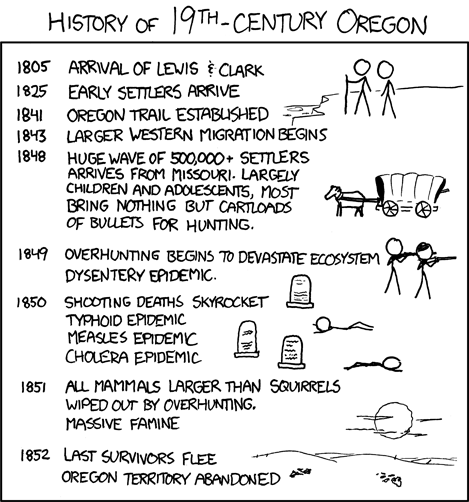
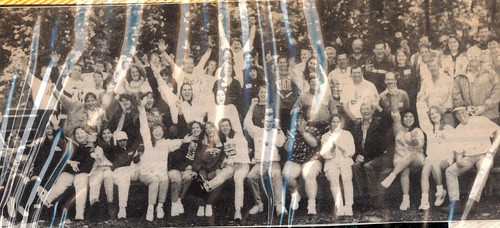
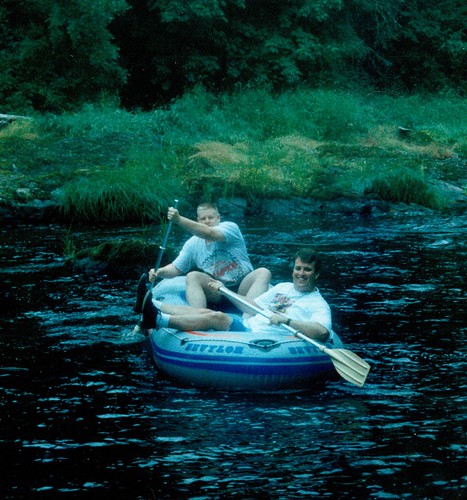
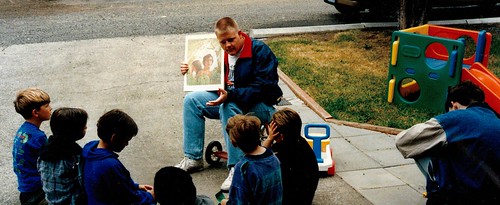

 ...Wow
...Wow
